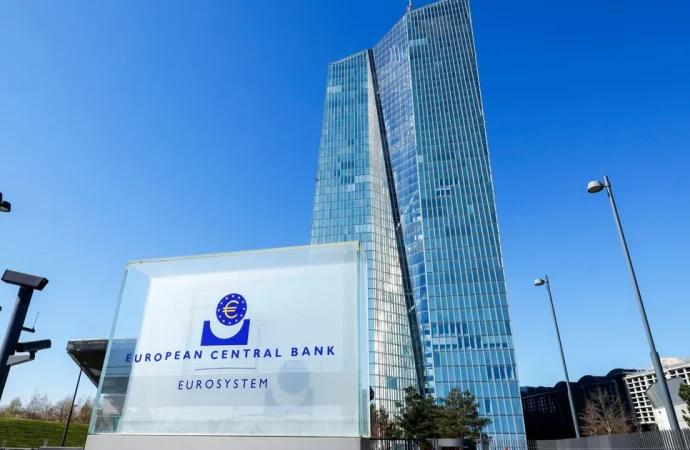Introduction The European Central Bank (ECB) has recently intensified its focus on commercial real estate loans held by banks, signaling concerns about potential risks in this sector. In this article, we will delve into the reasons behind the ECB’s increased scrutiny and examine the potential implications for the banking sector and the broader economy. Reasons
Introduction
Reasons for Increased Scrutiny
-
Financial Stability Concerns: The ECB’s heightened scrutiny of commercial real estate loans is driven by concerns about financial stability. Commercial real estate loans represent a significant portion of banks’ loan portfolios, and any vulnerabilities or excessive risk-taking in this sector could pose risks to the stability of the banking system.
-
Property Market Vulnerabilities: The ECB is particularly concerned about potential vulnerabilities in the commercial property market. Rapidly rising property prices, excessive lending, and a potential mismatch between loan maturities and property market dynamics could create risks for banks and the broader economy.
-
Potential Impact on Bank Balance Sheets: A significant downturn in the commercial real estate market could have adverse effects on banks’ balance sheets. If property values decline sharply or borrowers face difficulties in repaying their loans, banks may experience higher loan defaults and potential losses, impacting their profitability and capital adequacy.
Implications for the Banking Sector and the Economy
-
Stricter Lending Standards: The ECB’s increased scrutiny is likely to result in stricter lending standards for commercial real estate loans. Banks may be required to conduct more thorough assessments of borrowers’ creditworthiness, property valuations, and loan-to-value ratios. This could lead to a slowdown in lending activity in the commercial real estate sector.
-
Risk Mitigation Measures: Banks may need to implement risk mitigation measures to address potential vulnerabilities in their commercial real estate loan portfolios. This could include increasing capital buffers, conducting stress tests, and implementing stricter risk management practices to ensure the resilience of their operations.
-
Economic Impact: The ECB’s intensified oversight of commercial real estate loans could have implications for the broader economy. A slowdown in lending activity in this sector could dampen investment in commercial properties, potentially affecting construction activity, employment, and economic growth.

Image by: https://assets.com
Conclusion
Visual Table for Key Points
| ECB Scrutiny Measures | Investor and Bank Strategies |
|---|---|
| Loan Quality Assessment | Adapting Real Estate Investment |
| Risk Management Practices | Regulatory Compliance and Capital Reserves |
| Lending Practice Implications | Navigating the Post-ECB Market |
Organic Keyword Usage
Throughout the article, keywords like “ECB oversight,” “commercial real estate loans,” “regulatory changes,” and others will be seamlessly woven into the content, ensuring relevance and clarity without sacrificing readability.
Knowledge Source Introduction
Our insights are sourced from seasoned financial analysts with extensive experience in navigating regulatory shifts. Their expertise in interpreting ECB directives provides invaluable guidance for investors and banks alike.
Intriguing Introduction
Step into the arena where the European Central Bank casts its scrutiny on commercial real estate loans. In this article, we dissect the reasons behind this focused attention, decode the implications for banks and the real estate sector, and provide strategies for investors and institutions to adapt. With insights from our seasoned financial analysts, you’ll be well-prepared to navigate the evolving landscape. Get ready to face the changes head-on.

















Leave a Comment
Your email address will not be published. Required fields are marked with *